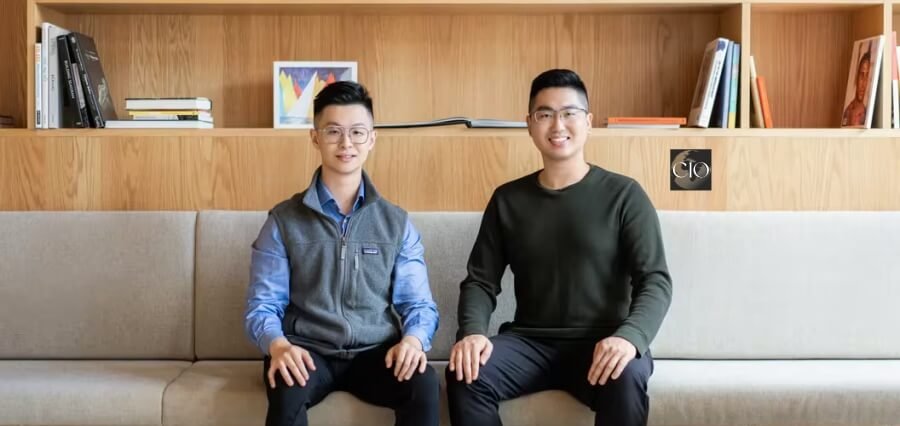Sean Ren, a computer science professor at the University of Southern California and co-founder of Sahara, asserts that his technology can aid workers and businesses in receiving compensation for their knowledge, data, and expertise in the AI era.
Sahara, positioning itself as a “decentralized AI network,” secures $6 million in a seed funding round led by Polygon Capital.
The Los Angeles-based startup was co-founded by Sean Ren, an AI researcher and tenured member of the computer science faculty at the University of Southern California (USC).
Sahara, the newest entrant into the fusion of cryptocurrency and artificial intelligence realms, claims to facilitate compensation for workers and companies based on their expertise, knowledge, and data in the era of AI.
This Los Angeles-based startup has secured $6 million in a seed funding round primarily led by Polychain Capital. The funding round also saw contributions from Samsung Next, Matrix Partners, Motherson Group, and Sandeep Nailwal, co-founder of the Polygon blockchain ecosystem.
AI tools such as ChatGPT and Google’s Gemini are trained on extensive datasets and enhance their performance over time through user feedback. According to Sean Ren, co-founder of Sahara, his startup is constructing a range of products that will directly compensate users, data providers, and AI trainers who contribute to the development of these tools. This approach marks a significant departure from the current paradigm, where the proceeds generated by an AI model typically flow back to the company that developed it.
“Users offer highly individualized feedback to AI systems,” elucidated Ren, who founded Sahara following a seven-year tenure as an AI researcher at the University of Southern California (USC), where he is a tenured member of the computer science faculty. Ren mentioned in an interview with CoinDesk that individuals typically don’t mind sharing such data since they are pleased to utilize a free service. However, Ren noted a recent trend where people’s jobs have begun to be replaced due to the substantial advancements in AI technology.
Ren says he doesn’t think today’s AI giants are incentivized to compensate their users. As far as finding a solution to the growing problem of people losing their livelihoods to AI, “I think it has to come from the bottom, with some disruptive technology,” Ren said.

